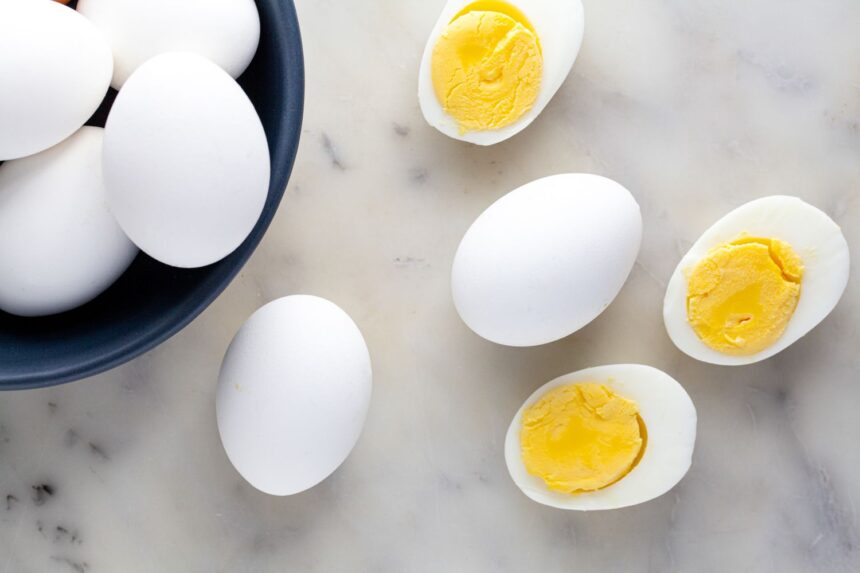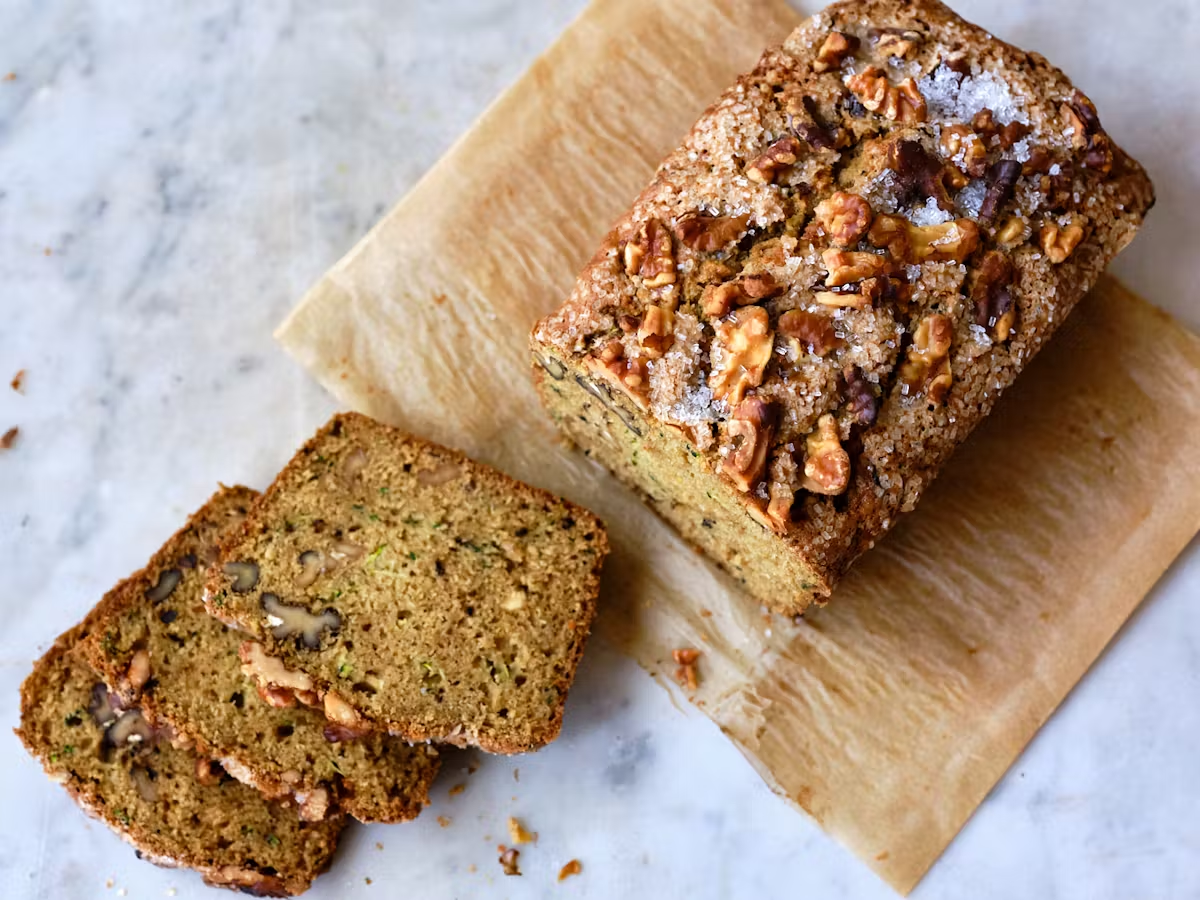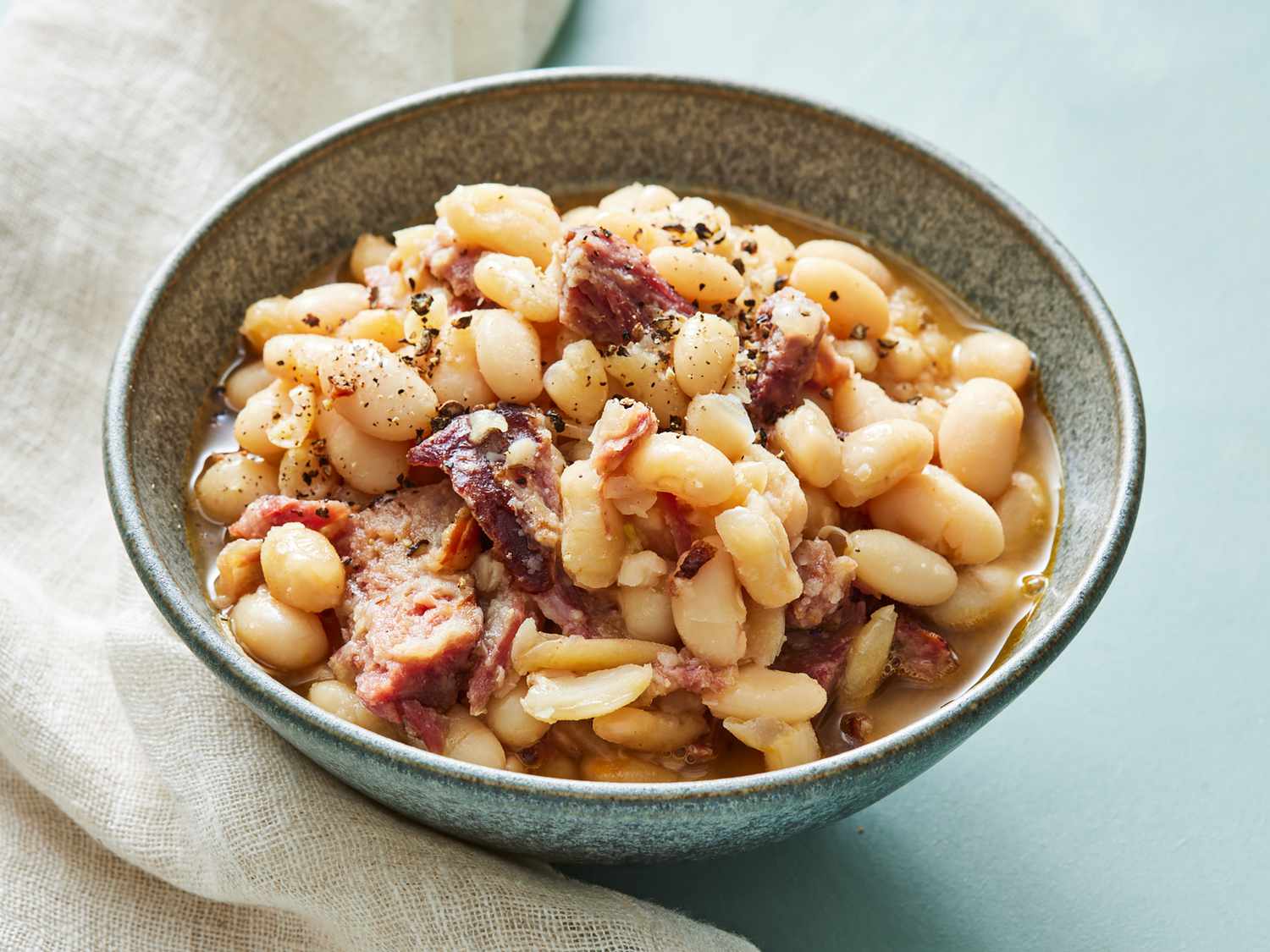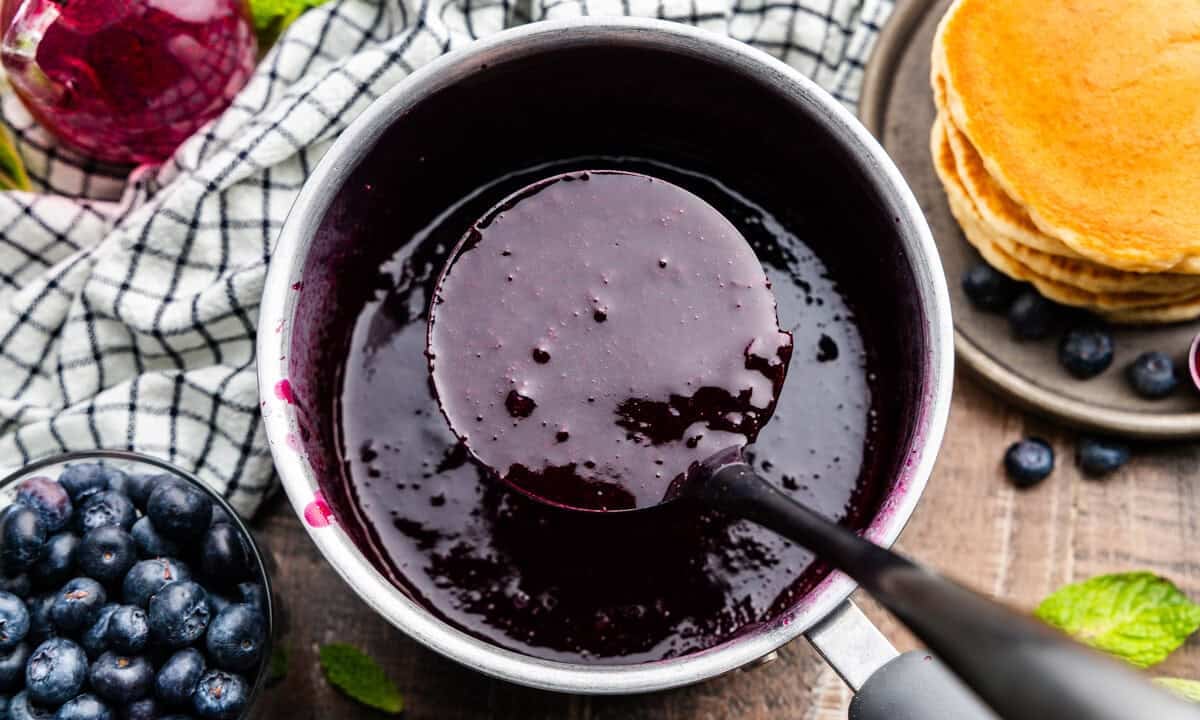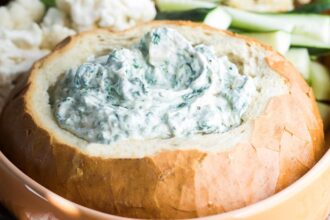Boiled eggs are one of the simplest, healthiest, and most beginner-friendly foods you can make at home. Whether you want soft-boiled eggs for breakfast or hard-boiled eggs for salads, the cooking method is almost the same. Yet many beginners struggle with getting the perfect texture. Some end up with overcooked grey rings around the yolk, while others get eggs that are too soft or difficult to peel.
- Why Learning to Boil Eggs Properly Matters
- What You Need to Make Perfect Boiled Eggs
- Step-by-Step Guide: How to Make Perfect Boiled Eggs
- How to Choose the Right Eggs
- Common Mistakes Beginners Should Avoid
- How to Store Boiled Eggs
- Creative Ways to Use Boiled Eggs
- Tips to Make Eggs Easier to Peel
- How to Make Boiled Eggs Without a Stove
- FAQs on How to Make Perfect Boiled Eggs
- Final Thoughts
If you want to learn how to make perfect boiled eggs every single time, this beginner-friendly guide from My First Recipe will help you. You will learn a step-by-step method, common mistakes to avoid, how long to boil eggs for different textures, storage tips, and answers to the most searched questions on Google.
For more simple cooking tutorials, you can also check other recipes on My First Recipe. The goal is to make cooking easy for everyone, especially beginners.
Let’s get started with your perfect boiled egg journey.
Why Learning to Boil Eggs Properly Matters
Boiling eggs may look easy, but the technique matters more than you think. A few small mistakes can affect the texture, taste, and overall quality of the egg.
Perfectly boiled eggs give you several benefits:
- They peel easily without sticking to the shell.
- The whites are tender and not rubbery.
- The yolk is creamy or firm depending on what you prefer.
- They look neat, smooth, and attractive in salads or meal prep boxes.
Once you learn the right method, you’ll find that making boiled eggs becomes quick, predictable, and stress-free.
What You Need to Make Perfect Boiled Eggs
You do not need any special tools. Everything is already available in your kitchen.
You will need:
- Fresh eggs
- A saucepan
- Water
- A bowl filled with cold water or ice water
The ice-water step is the most important because it helps stop the cooking and makes peeling easier.
Step-by-Step Guide: How to Make Perfect Boiled Eggs
This simple and beginner-friendly method works every time. Follow the steps exactly for consistent results.
Step 1: Place the Eggs in a Pot
Take a saucepan and gently place the eggs at the bottom. Do not overcrowd the pot. The eggs should sit in a single layer. This prevents cracking.
Step 2: Add Water
Pour enough water to cover the eggs by about one inch. Cold water works best because it heats slowly and cooks the eggs evenly.
Step 3: Heat the Water
Place the pot on the stove. Turn the heat to medium-high and let the water come to a full rolling boil.
Step 4: Turn Off the Heat and Cover
Once the water boils, turn off the heat completely. Place a lid on the pot. The eggs will continue to cook gently using the remaining heat.
This method prevents overcooking and avoids grey rings around the yolks.
Step 5: Set a Timer
The cooking time depends on how soft or hard you want your eggs. Here is a simple guide:
- 6 minutes for soft-boiled eggs with runny yolks
- 8 minutes for medium-boiled eggs with creamy yolks
- 10 minutes for fully hard-boiled eggs with firm yolks
Do not forget to set a timer. Even one extra minute can change the texture.
Step 6: Transfer Eggs to Ice Water
When the timer rings, drain the hot water and place the eggs straight into a bowl of ice water. Let them sit for at least 10 minutes.
This cools them quickly and makes peeling smooth and easy.
Step 7: Peel and Enjoy
Tap the egg gently on a surface to crack the shell. Peel from the wider end where the air pocket is located. It will come off easily.
Your perfect boiled eggs are ready to eat or use in your favourite recipes.
How to Choose the Right Eggs
Choosing the right eggs is just as important as the cooking method. Fresh eggs are great for eating, but slightly older eggs (4 to 7 days old) peel better.
If you have trouble peeling eggs, try using eggs that are not extremely fresh. Many beginners do not realise that freshness affects peelability.
Also look for clean, crack-free eggs. Store them in the fridge to maintain freshness.
Common Mistakes Beginners Should Avoid
Even though boiling eggs is simple, beginners often make mistakes that spoil the results. Try to avoid these:
Starting With Hot Water
Adding eggs to hot water can cause sudden temperature shock and lead to cracks. Always start with cold water.
Skipping the Ice Bath
Many beginners forget this step. Without ice, the eggs keep cooking and become overcooked or rubbery.
Using High Heat Throughout
Boiling aggressively the entire time can make the whites hard and chalky. Always turn off the heat once the water boils.
Not Timing the Eggs
Guessing the cooking time often leads to inconsistent results. Always use a timer.
How to Store Boiled Eggs
Once the eggs have cooled completely, you can store them in the refrigerator.
If unpeeled, they last up to one week.
If peeled, store them in an airtight container and use within three days.
You can also store peeled eggs in a bowl of water. Change the water daily to keep them fresh.
Creative Ways to Use Boiled Eggs
Boiled eggs are very flexible. You can use them in many dishes, such as:
- Salads
- Egg sandwiches
- Breakfast bowls
- Meal prep lunches
- Egg curry for quick dinners
- Protein snacks for kids
- Avocado toast toppings
If you want easy meal ideas, you can explore simple recipes on My First Recipe. This will help beginners cook confidently using simple ingredients.
Tips to Make Eggs Easier to Peel
If peeling eggs is difficult, these tips can help:
- Use eggs that are a few days old.
- Add a teaspoon of salt to the boiling water.
- Crack the egg gently and roll it on the counter before peeling.
- Peel the egg under running water for smoother results.
These small tricks can save time and prevent frustration in the kitchen.
How to Make Boiled Eggs Without a Stove
If you do not have a stove, you can still boil eggs using other methods like:
Using an Electric Kettle
Place eggs in the kettle, cover with water, and let it come to a boil. Turn it off and let it sit for 10 minutes.
Using an Instant Pot
Place eggs on the trivet with one cup of water. Cook on high pressure for 5 minutes and release pressure naturally.
These methods are great for college students, hostel rooms, or small apartments.
FAQs on How to Make Perfect Boiled Eggs
Why do my eggs crack while boiling?
Eggs crack when they face sudden temperature changes. Always start with cold water and avoid dropping eggs roughly.
Why is my yolk green or grey?
This happens when the egg is overcooked. Turning off the heat after boiling prevents this.
How can I make soft-boiled eggs for ramen?
Boil for 6 minutes, cool in ice water, peel, and slice. The yolk will remain runny and perfect for ramen.
How long can boiled eggs stay outside?
Do not leave boiled eggs at room temperature for more than two hours.
Can I boil eggs without a lid?
Yes, but the results may not be even. A lid helps trap heat and cook the eggs properly.
Final Thoughts
Making perfect boiled eggs is easy once you understand the right technique. With proper timing, cooling, and peeling methods, you can make soft, medium, or hard-boiled eggs exactly the way you like. This beginner-friendly guide is designed to help you avoid mistakes and get consistent results every time.
If you want to learn more easy cooking tips and simple recipes, feel free to explore more guides on My First Recipe. Cooking becomes enjoyable when you follow simple steps and practice regularly.
